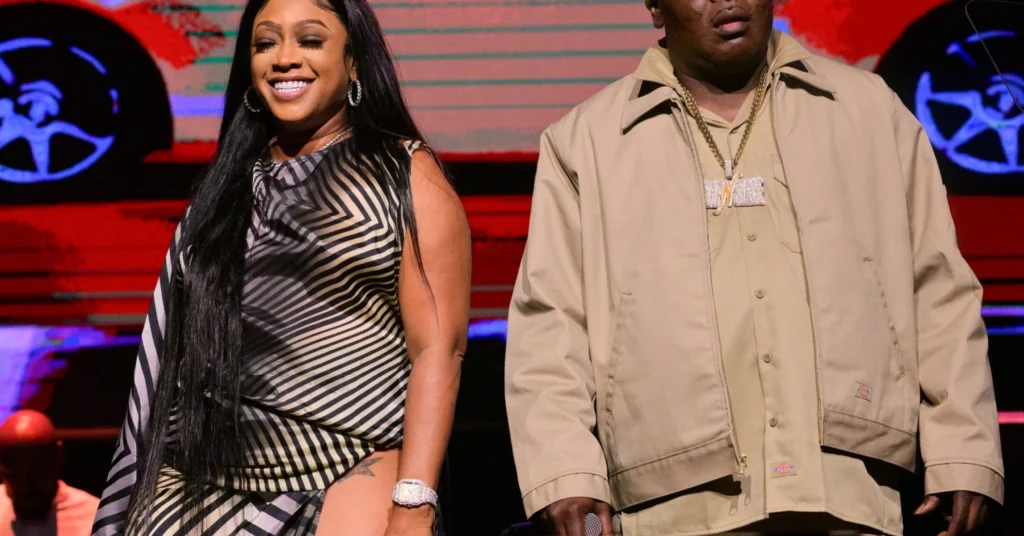
Trick Daddy Explains Why He Doesn’t Identify As African-American

Trick Daddy took to social media recently with a divisive take on identity and heritage that is actually more nuanced than it seems on paper. Of course, this writer is in no authoritative position to speak on this, as the topic is whether or not Black people should identify as African-American. In the Love & Hip Hop alum’s case, he doesn’t, and he explained in a video why he has more of a connection to United States soil rather than the “African-American” moniker that many in the Black community prefer. Also, it’s important to note that this is a matter of personal identity and autonomous self-categorization, and thus is not an attack or condemnation of those who see things differently.
“I’m trying to figure out how ‘Afro’ get in front of my motherf***ing race,” Trick Daddy posited as a proud Miami rapper. “I ain’t never been to Afro-ca. I have never been to Africa. Afro or Africa. Never been there. I’m not from Africa. I was born and raised in Goulds, Florida. I was born in Goulds, raised in Liberty City in the Pork-N-Beans projects. Ain’t never went to Africa, ain’t thinking about going there. And I heard it’s a beautiful place, yes. And I know it’s the motherland, yes. But not my mother, not her mother, and not her mother’s mother, that ain’t their land. Americans’ real true land is right here, on U.S. soils.”
Trick Daddy Speaks On The African-American Identity
Elsewhere, Trick Daddy is dealing with some other social media narratives that are even more contentious and salacious. He recently threatened to slap anyone who asks him about the Diddy parties again, insisting that he never went to any of these “freak-offs.”
Meanwhile, Trick Daddy will probably continue to make headlines for his often outlandish and blunt takes on a whole variety of topics, such as female rappers. He thirsted for GloRilla in quite the explicit manner, and he also recently defended Sexyy Red after feeling that many awards shows snubber her, a sentiment that the St. Louis femcee appreciated. But in this case, it seems like this conversation around Black identity is a more personal and nuanced assessment than a headline would have you believe.
About The Author
Gabriel Bras Nevares is a staff writer for HotNewHipHop. He joined HNHH while completing his B.A. in Journalism & Mass Communication at The George Washington University in the summer of 2022.
Born and raised in San Juan, Puerto Rico, Gabriel treasures the crossover between his native reggaetón and hip-hop news coverage, such as his review for Bad Bunny’s hometown concert in 2024. But more specifically, he digs for the deeper side of hip-hop conversations, whether that’s the “death” of the genre in 2023, the lyrical and parasocial intricacies of the Kendrick Lamar and Drake battle, or the many moving parts of the Young Thug and YSL RICO case.
Beyond engaging and breaking news coverage, Gabriel makes the most out of his concert obsessions, reviewing and recapping festivals like Rolling Loud Miami and Camp Flog Gnaw. He’s also developed a strong editorial voice through album reviews, think-pieces, and interviews with some of the genre’s brightest upstarts and most enduring obscured gems like Homeboy Sandman, Bktherula, Bas, and Devin Malik.
…

